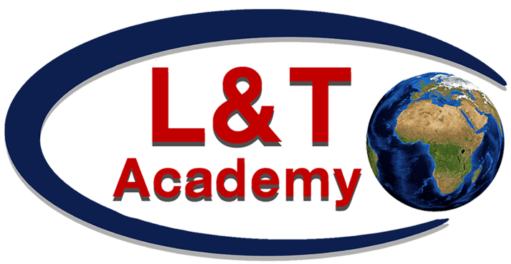Description
Course Description:
This 12-week course is designed for beginners to acquire foundational skills in Spanish. Through interactive lessons and practical exercises, students will develop basic proficiency in speaking, listening, reading, and writing in Spanish. The course will cover essential grammar, vocabulary, and cultural aspects of the Spanish-speaking world.
Course Objectives:
- Develop basic conversational skills in Spanish.
- Understand and apply fundamental grammar rules.
- Build a functional vocabulary for everyday situations.
- Improve listening and reading comprehension.
- Practice writing simple texts and communicating effectively.
Weekly Outline:
Week 1: Introduction to Spanish
- Overview of the Spanish-speaking world: Countries, cultures, and languages.
- Basic greetings and introductions: Hello, goodbye, please, thank you.
- Alphabet and pronunciation: Spanish vowels and consonants.
- Practice: Simple conversations and pronunciation exercises.
Week 2: Essential Grammar and Vocabulary
- Nouns and articles: Gender and number (definite and indefinite articles).
- Basic sentence structure: Subject-verb-object (SVO).
- Common verbs: Ser (to be) and estar (to be) – introduction to their uses.
- Practice: Constructing simple sentences and questions.
Week 3: Verbs and Conjugation Basics
- Regular verbs: Conjugation in the present tense (AR, ER, IR verbs).
- Subject pronouns: I, you, he/she, we, they.
- Practice: Conjugating regular verbs and forming simple sentences.
Week 4: Numbers, Dates, and Time
- Numbers 1-100: Counting and basic arithmetic.
- Days of the week and months of the year.
- Telling time: Hours, minutes, and common expressions related to time.
- Practice: Using numbers and dates in context.
Week 5: Family and Descriptive Adjectives
- Family vocabulary: Immediate family members (mother, father, brother, sister).
- Descriptive adjectives: Colors, sizes, and common characteristics.
- Practice: Describing people and family members.
Week 6: Everyday Activities and Verbs
- Common verbs related to daily activities: To eat, to drink, to go, to work.
- Expressions of frequency: Always, sometimes, never.
- Practice: Talking about daily routines and habits.
Week 7: Introduction to Past Tenses
- Introduction to the preterite tense: Regular verbs (AR, ER, IR).
- Common irregular verbs in the preterite tense: Ir (to go), ser (to be).
- Practice: Writing and speaking about past events.
Week 8: Asking Questions and Directions
- Question words: What, where, when, who, why, how.
- Asking for and giving directions: Locations, landmarks, and instructions.
- Practice: Formulating questions and providing directions.
Week 9: Food, Dining, and Shopping Vocabulary
- Food and drink vocabulary: Common foods, meals, and beverages.
- Ordering in a restaurant and shopping: Phrases for ordering and purchasing items.
- Practice: Role-playing dining and shopping scenarios.
Week 10: Travel and Transportation
- Travel vocabulary: Common travel phrases, transportation modes (bus, train, taxi).
- Booking accommodations and asking for information.
- Practice: Planning a trip and discussing travel plans.
Week 11: Future Tense and Making Plans
- Introduction to the future tense: Regular and irregular verbs.
- Common phrases for making plans: What are you going to do? I am going to…
- Practice: Discussing future plans and predictions.
Week 12: Review and Practical Application
- Review of key grammar and vocabulary: Comprehensive review.
- Practical conversation practice: Role-plays and interactive activities.
- Final assessment: Oral and written test to evaluate progress.
Assessment Methods:
- Weekly quizzes: To assess understanding of grammar and vocabulary.
- Speaking activities: Role-plays and conversation practice.
- Written assignments: Short paragraphs and dialogues.
- Final exam: Comprehensive test covering all aspects of the course.
Recommended Texts and Resources:
- Textbook: A beginner’s Spanish textbook (e.g., “Easy Spanish Step-By-Step” by Barbara Bregstein).
- Online resources: Language learning apps and websites (e.g., Duolingo, Babbel).
- Supplementary materials: Spanish-English dictionary, flashcards for vocabulary.
Final Project:
Students will complete a project that involves creating a travel itinerary in Spanish or writing a short narrative about a recent event, incorporating the grammar and vocabulary learned throughout the course.
This outline provides a structured approach to learning Spanish for beginners, balancing foundational grammar and vocabulary with practical language use and cultural context.







Reviews
There are no reviews yet.